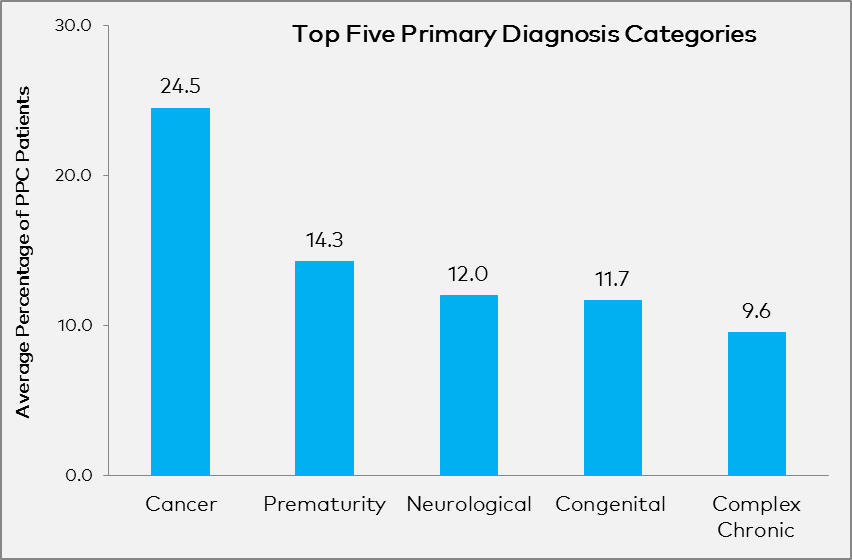
Surgical training is a very demanding and difficult professional experience. You will spend four years in a medical school, then three to ten years of residency and fellowship, before you can begin practicing your chosen specialty.
Surgeons, who are highly trained doctors, perform surgeries on the body to repair or remove damaged tissues. Surgeons are also able to treat patients suffering from serious illnesses including cancer, heart disease and diabetes.
You can become an orthopedic surgeon by pursuing a number of different paths, from a degree in general medicine to a D.O. The journey to becoming an orthopedic surgeon can be long and difficult, but the rewards are worth it.
It's important to finish high school, and take all the courses you can before applying for college or medical school. This will ensure you are prepared to take the MCAT examination and that you can get into your preferred schools.

If you are interested in becoming an orthopedic surgeon, you must be passionate about the field of medicine and enjoy using your hands. It is also important that you enjoy the idea being a physician's doctor, and make meaningful connections with your patient.
Surgery is a career requiring a great deal of dedication and hard work. You should find a quality medical school to help you gain the experience and skills necessary for this demanding career. Surgeons are among the most paid of all physicians, earning an average of $343,000 a year, according to Forbes.
Those who seek a career which offers them variety, satisfaction, the opportunity to work and travel in a wide range of environments and settings should consider a surgical career. Many surgeons work for non-profit organizations like Doctors Without Borders that provide medical treatment to those who lack proper healthcare.
Surgeons may also specialize in certain areas of medicine such as orthopedic surgery and thoracic surgeries. These surgical specialty fields are more specialized than others and require more intensive training. But they also offer more lucrative salaries.
You can choose general surgery if you're not sure what specialty best suits your personality or skill set. This field includes a range of operations, including head and neck surgery and thoracic surgical procedures. It is rewarding and can be highly satisfying.

As you watch your patient heal, you'll be able see the result of your actions. While you are doing this, you can also have a great deal of fun.
Choose the surgery specialty that appeals to you most. You can choose from many subspecialties. However, it's important to consider what you really want to do.
After you choose a specialization, you will need to select a hospital or clinic where you would like to begin your career. To find a job online, you can search several job boards. Many hospitals and practices use recruiters to fill positions.
FAQ
What is my role within public health?
Participating actively in prevention efforts can help ensure your health and the health safety of others. Public health can be improved by reporting injuries and illnesses to health professionals, so that they can prevent further cases.
What does the expression "healthcare" refer to?
A service that helps maintain good mental, physical health is known as health care.
How can I make sure my family has access to quality health care?
Most states have a department that provides affordable health care. Some states also offer coverage for families with low income children. For more information on these programs, contact the Department of Health of your state.
Statistics
- About 14 percent of Americans have chronic kidney disease. (rasmussen.edu)
- The health share of the Gross domestic product (GDP) is expected to continue its upward trend, reaching 19.9 percent of GDP by 2025. (en.wikipedia.org)
- For instance, Chinese hospital charges tend toward 50% for drugs, another major percentage for equipment, and a small percentage for healthcare professional fees. (en.wikipedia.org)
- Consuming over 10 percent of [3] (en.wikipedia.org)
- The healthcare sector is one of the largest and most complex in the U.S. economy, accounting for 18% of gross domestic product (GDP) in 2020.1 (investopedia.com)
External Links
How To
How to Locate Home Care Facilities
Home care facilities assist people who require help at home. These include elderly persons who are unable to move independently and disabled people with chronic conditions such as Alzheimer's. The services offered by these facilities include personal hygiene, meal preparation, laundry, cleaning, medication reminders, transportation, etc. They often work closely with medical professionals, social workers, and rehabilitation specialists.
Referrals from friends, family members or local businesses are the best way to locate a home care provider. Once you have found a couple of providers, it is time to get in touch with them to learn more about their qualifications. It is important to find a provider who can work flexible hours in order to fit your schedule. Also, make sure they offer emergency assistance 24/7.
Consider asking your doctor for recommendations. If you don’t know where to begin, search online for “home health care” or “nursing home”. You could, for example, use websites such Angie's List HealthGrades or Yelp.
For further information, you may call the Area Agency on Aging (AAA), or Visiting Nurse Service Associations (VNA). These agencies will provide a list of local agencies that offer home care services.
It is crucial to find a quality home care agency, as many charge very high fees for patients. Some agencies can charge as much as 100% of the patient's income. You can avoid this by choosing an agency that is highly rated by the Better Business Bureau. Ask for references of previous clients.
Some states require home care agencies registered with the State Department of Social Services. To find out what registration requirements your agency must meet, check with your local government office.
There are several things to keep in mind when choosing a home care agency :
-
Don't pay upfront if you don't want to receive services.
-
You should look for a well-established and reputable business.
-
Get proof of insurance, especially if you're paying out of pocket.
-
You should ensure that the state licenses any agency you hire.
-
Request a written contract outlining all costs associated with hiring the agency.
-
Confirm that there are follow-up visits by the agency following your discharge.
-
Ask for a list with certifications and credentials.
-
You should not sign anything without thoroughly reading it.
-
You should carefully read any fine print.
-
You should verify that the agency you are dealing with is insured and bonded.
-
Ask how long this agency has been around.
-
Verify that the State Department of Social Welfare has licensed the agency.
-
Find out whether there are any complaints against the agency.
-
Your local government department can regulate home care agencies.
-
It is important to ensure that staff members answering the phones are qualified to answer any questions you may have about homecare.
-
Ask your lawyer or accountant for tax advice on the use of home-based care.
-
Always get at least three bids for each home care agency you contact.
-
Accept the lowest offer, but don't settle for anything less than $30 per an hour.
-
You may have to pay multiple visits to a home-care agency every day.
-
Take the time to read all terms and conditions before signing any contract.